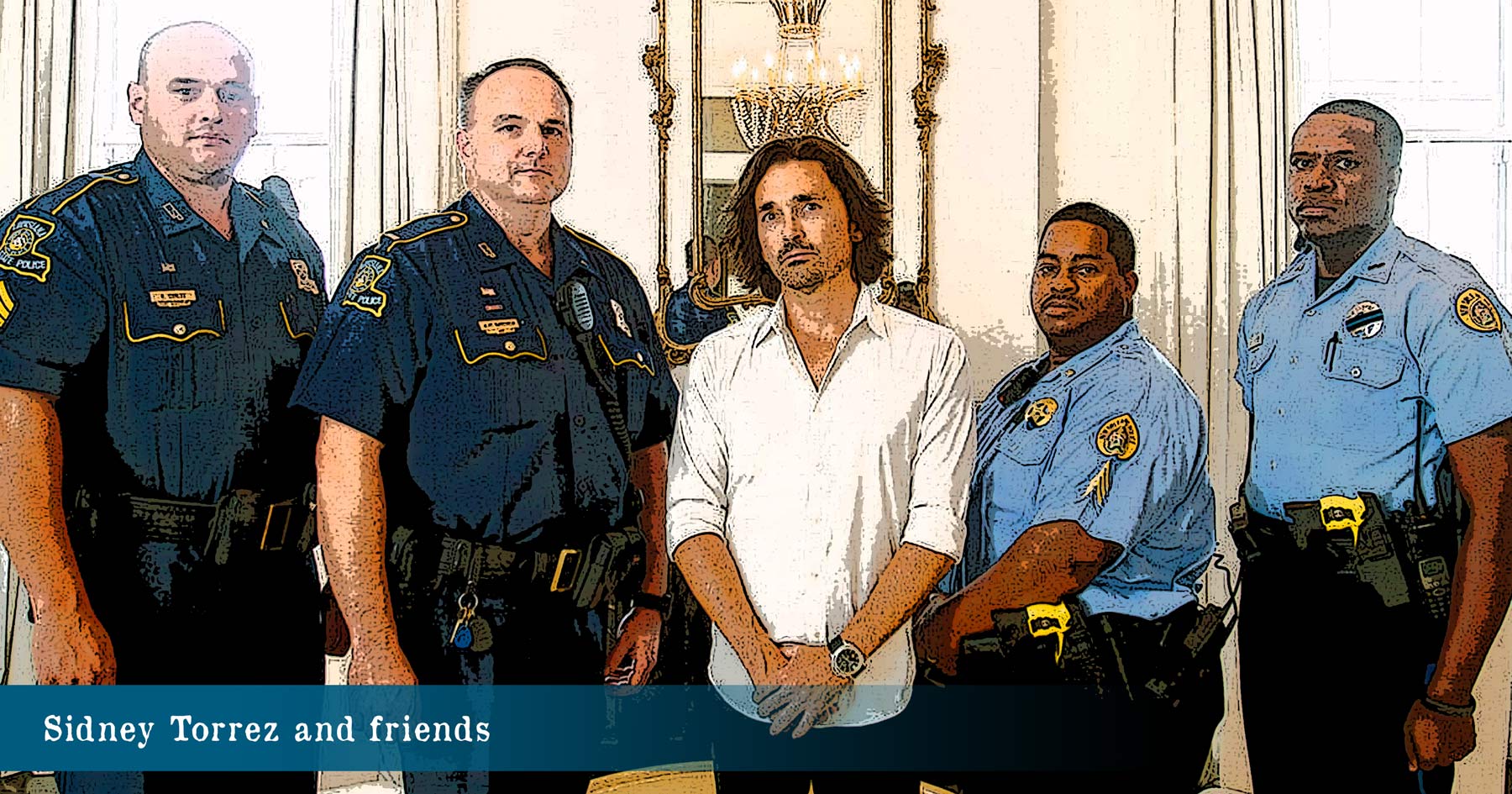“Metro is dangling from a fiscal cliff,” hollers last Saturday’s Washington Post editorial headline. The “transit system faces a ‘death spiral’ starting next summer,” according to “the usually stolid pages of Metro’s financial projections.”
The Post informs that Metro’s “systemic budget problems have been compounded by pandemic-driven revenue shortfalls, inflation and the upcoming expiration of a federal bailout for transit systems.”
Oh, what a cruel turn of events, Washington’s ill-mannered and unsafe transit system needs a bailout from local politicians . . . because the current financial bailout it receives from federal taxpayers is about to fizzle out.
Life is tough.
Metro has only about 70 percent of the funding it needs, so get ready for blood-curdling cries of “drastic service cuts”— until or “unless the region’s elected officials, along with Congress, devise a fix,” The Post tells us.
Hell of a way to run a railroad — not earning a profit. Constantly failing customers and just as regularly begging for more money from politicians who get that moolah from folks like me . . . who rarely if ever use the mass transit we are told is so essential to us.
There’s a better way.
“Rail company Brightline began operating trains Friday from Miami to Orlando,” reports The Post, “using the fastest American trains outside the Northeast Corridor to become the first privately owned passenger operator to connect two major U.S. metropolitan areas in decades.
“The debut of the 235-mile, 3.5-hour ride completes a $6 billion private investment in Florida.”
With speeds “quicker than Amtrak’s” and fares “comparable to Amtrak’s and competitive with airfare,” Brightline chief executive Michael Reininger talks of “the beginning of a new industry and a blueprint for expanding rail in America.”
Two approaches. One uses my tax dollars and fails. The other uses private investment.
And seems to be expanding.
Rather than complaining. And begging.
This is Common Sense. I’m Paul Jacob.

Illustration created with PicFinder.ai
—
See all recent commentary
(simplified and organized)



